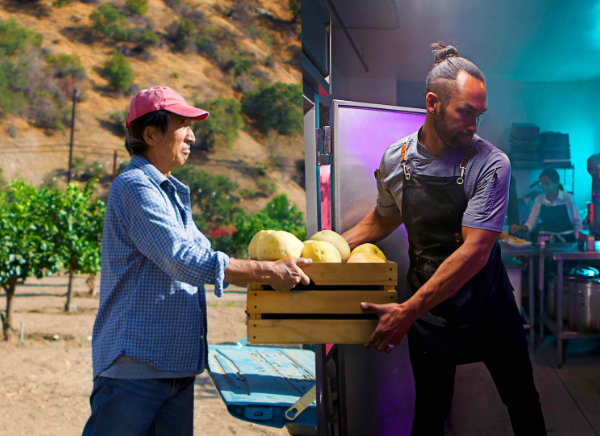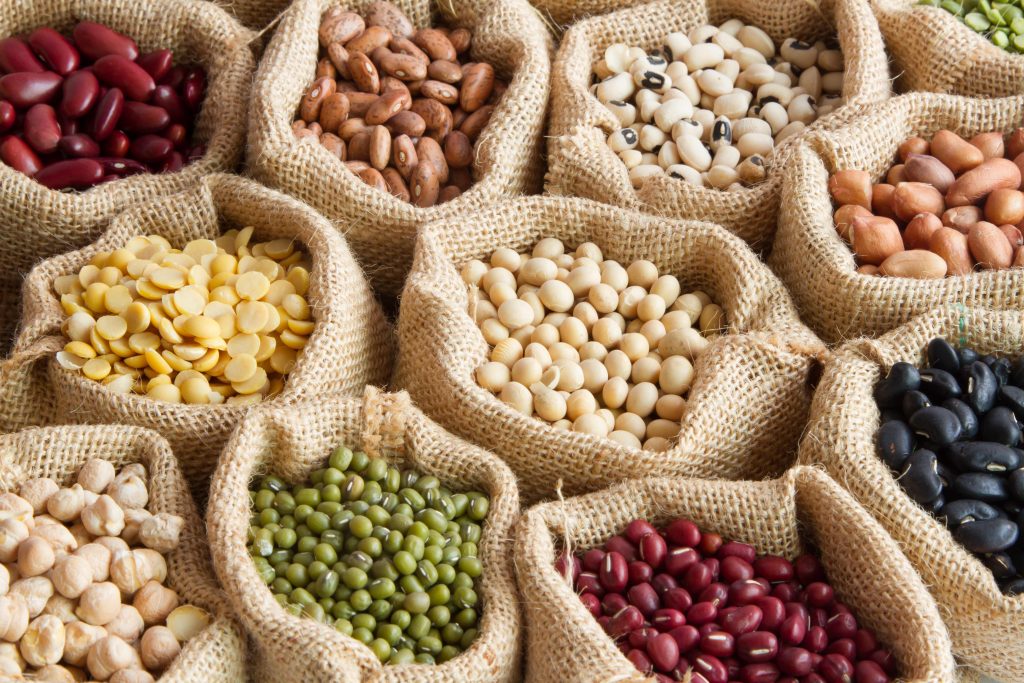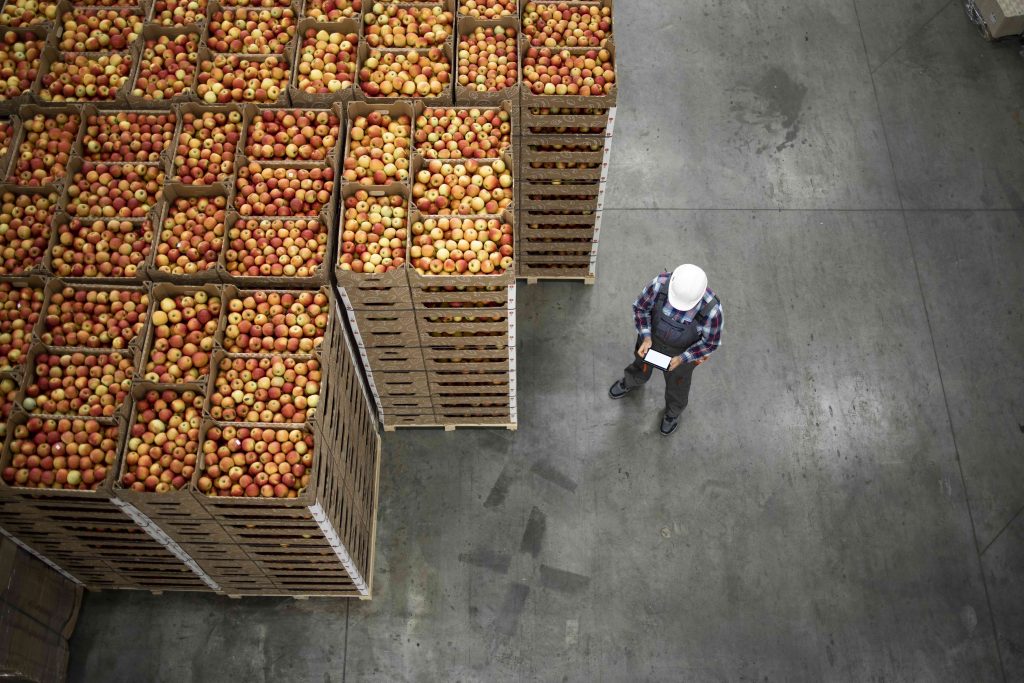
Holiday celebrations, as well as the resulting increase in demand for food items ranging from fresh milk and meat to cereals and oils, make the end of the year a busy time for manufacturers and distributors alike, as they face tight schedules, limited capacity, and overwhelming consumer expectations.
Over the last three years, global trade flows have changed, with agri-industries seeking new regional manufacturing bases with easy access to key target markets.
Dubai is the largest food and beverage (F&B) hub in the GCC and the first choice for regional players.
The geostrategic location of the emirate makes it an ideal link between East-West and North-South markets. When combined with a robust business ecosystem and strong government policies, the emirate’s exports will grow by double digits in 2021.
Dubai’s external food trade increased 11% year on year to AED 74 billion, up from AED 65.8 billion in 2020.
DP World has been a significant contributor to this expansion. Its world-class smart digital logistics infrastructure and trade network have made doing business easier for a number of F&B companies.
These initiatives also support national initiatives such as the National Food Security Strategy 2051, the “Make it in the Emirates” initiative, and Operation 300bn, which aims to increase the contribution of the industrial sector to AED 300 billion by 2031.
Some of the biggest names in food and beverage use the Jebel Ali hub for 360-degree operations and access to thriving import-dependent markets. In Jebel Ali Port, Al Khaleej Sugar operates the world’s largest port-based sugar refinery. Hunter Foods, a Middle East and Asian leader in innovation and alternative snacks and nutrition, has a presence in Jafza. At Jafza, Lipton operates the world’s second largest tea facility, producing 1 million tea bags per hour.
With a customer base of 600 companies from 70 countries, Jafza is the region’s preferred destination for F&B manufacturing, accounting for 20% of Dubai’s total F&B trade. The dedicated F&B cluster, which includes quayside, pre-built warehouses, and cool and cold storage, spans 1.7 million square meters and provides multimodal transportation.
Three factors underpin the success of Jafza’s local and global customers — innovation, scalable technology and partnerships. F&B manufacturers can reduce lead time through the free zone’s thermal insulated, purpose-built Light Industrial Units (LIUs) and warehouses. They can also achieve competitiveness by taking advantage of incentives such as zero corporate tax and VAT exemptions.

Another major benefit is access to digital trade platforms like ZADI via Dubai Trade. Launched in 2020, ZADI is a unified food import platform which has been key to facilitating the import and re-export of food shipments throughout Dubai ports, safeguarding the food supply chain from monopoly and disruption.
DP World’s smart technologies also make logistics operations more sustainable and seamless for its customers. Through DP World CARGOES, customers can ensure transparent and simplified supply chains via 4PL solutions and services such as track and trace technology, trade financing, reverse logistics, feeder services and more.
Jafza along with Jebel Ali Port forms the Jebel Ali hub that offers unmatched one-stop-shop solutions, multimodal connectivity, and last-mile delivery. The free zone’s proximity to the port — connected to over 150 ports and over 80 weekly services — gives F&B companies access to 3.5 billion consumers globally. The port acts as a gateway to high-growth markets in the Middle East, Africa, South and East Asia and the CIS Countries. DP World’s ecosystem offers shorter transit times to larger markets, logistics to value-added solutions, and investment to end-to-end solutions. The company’s comprehensive range of products and services covers every link of the integrated supply chain – from maritime and inland terminals to marine services and industrial parks as well as technology-driven customer solutions. DP World delivers these services through an interconnected global network of 295 business units in 78 countries across six continents, with a significant presence both in high-growth and mature markets.

Further boosting the local and regional F&B industry is Jebel Ali Port’s Food and Agriculture Terminal. The 1 million sqm quayside terminal strengthens Dubai’s status as a key gateway for global F&B trade. It is equipped to process cereals, meat, and seafood products, bottled water, and dairy products with specialised facilities for oil, tea, coffee, cacao, spices, and various primal food products.
This year in July, two new development projects with Adroit Canada and Al Amir Foods at Food and Agriculture Terminal were announced to ensure a reliable, consistent, and safe agricultural value chain within the region. With an estimated investment of AED200 million, the facilities will have a singular ecosystem for bulk silo storage and agri-processing.
The facilities are expected to account for more than AED 900 million in annual trade, contributing to Dubai’s strategic goal of increasing foreign trade to AED 2 trillion. As part of the project, DP World will also invest in the most versatile, technologically advanced, and automated grains and pulses material handling and ferrying systems.
